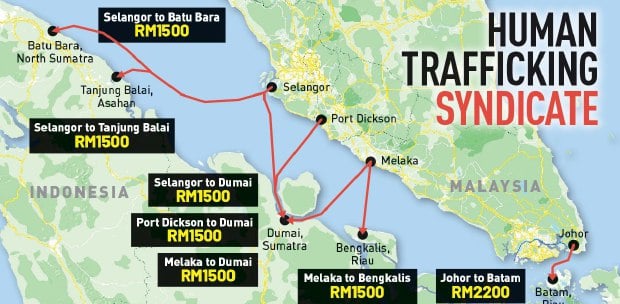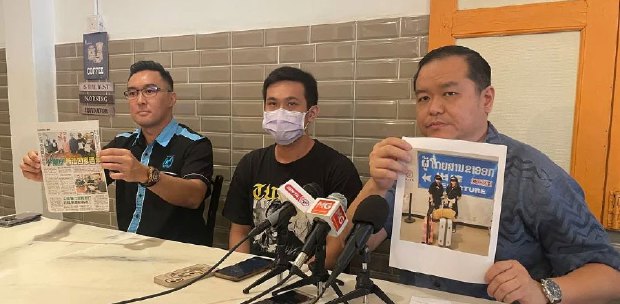KUALA LUMPUR: Malaysia's advancement to the second tier in the global human trafficking fight rankings is a testament to the government's commitment to tackling exploitation, yet significant challenges persist, says Suhakam.
Its vice-chairman Ragunath Kesavan said there were several ongoing challenges that the country must not overlook to ensure zero tolerance for any form of abuse and exploitation of people.
"This (second tier ranking) is good news and reflects the government's efforts to improve recruitment and also combat trafficking.
"That said, we have to be steadfast in ensuring the processes of recruitment and employment are transparent, which also include eradicating corruption in the recruitment of migrant workers," he said
Ragunath also stressed on the need for greater protection of domestic helpers and the simplification of rules and laws for migrants to claim against their employers.
When asked about victim identification and protection strategies, he proposed that the timeline for court proceedings be shortened.
"Providing special visas for victims to work and stay in Malaysia pending trial is also essential," he said.
Earlier, Migrant Care country representative Alex Ong said the complexities of labour recruitment, especially from countries with labour surpluses like Bangladesh, posed significant challenges.
Miscommunication regarding placement expenses as recruitment fees added to these issues, he said.
Ong pointed out ongoing discrepancies in policy delivery systems, including challenges with databases of documented and undocumented migrants, monitoring systems for domestic workers, and abuses within outsourcing models.
He also said there was an absence of migrant policies tailored for micro, small, and medium enterprises.
Regarding unregulated non-institutional cleaning services, Ong called for policy interventions to prevent exploitation by house-to-house cleaning companies that violated immigration laws by exploiting cleaners as domestic workers.
Malaysia moved up to the second tier of its worldwide standings in the fight against human trafficking, as announced in the latest US State Department's 2024 Trafficking in Persons (TIP) report.
The Home Ministry, in a statement, hailed the upgrade as a strategic and critical achievement, attributing it to the concerted efforts of various stakeholders.
It highlighted the key achievements which included increased investigations, significant convictions, comprehensive awareness programmes, prosecution of public officials, more labour trafficking prosecutions, funding for shelters, and approval of free movement for trafficking victims.
Emphasising the importance of inclusive partnerships, the ministry underscored the need to fortify legal frameworks, enforcement mechanisms, protection measures, and prevention strategies in Malaysia's anti-trafficking initiatives.





